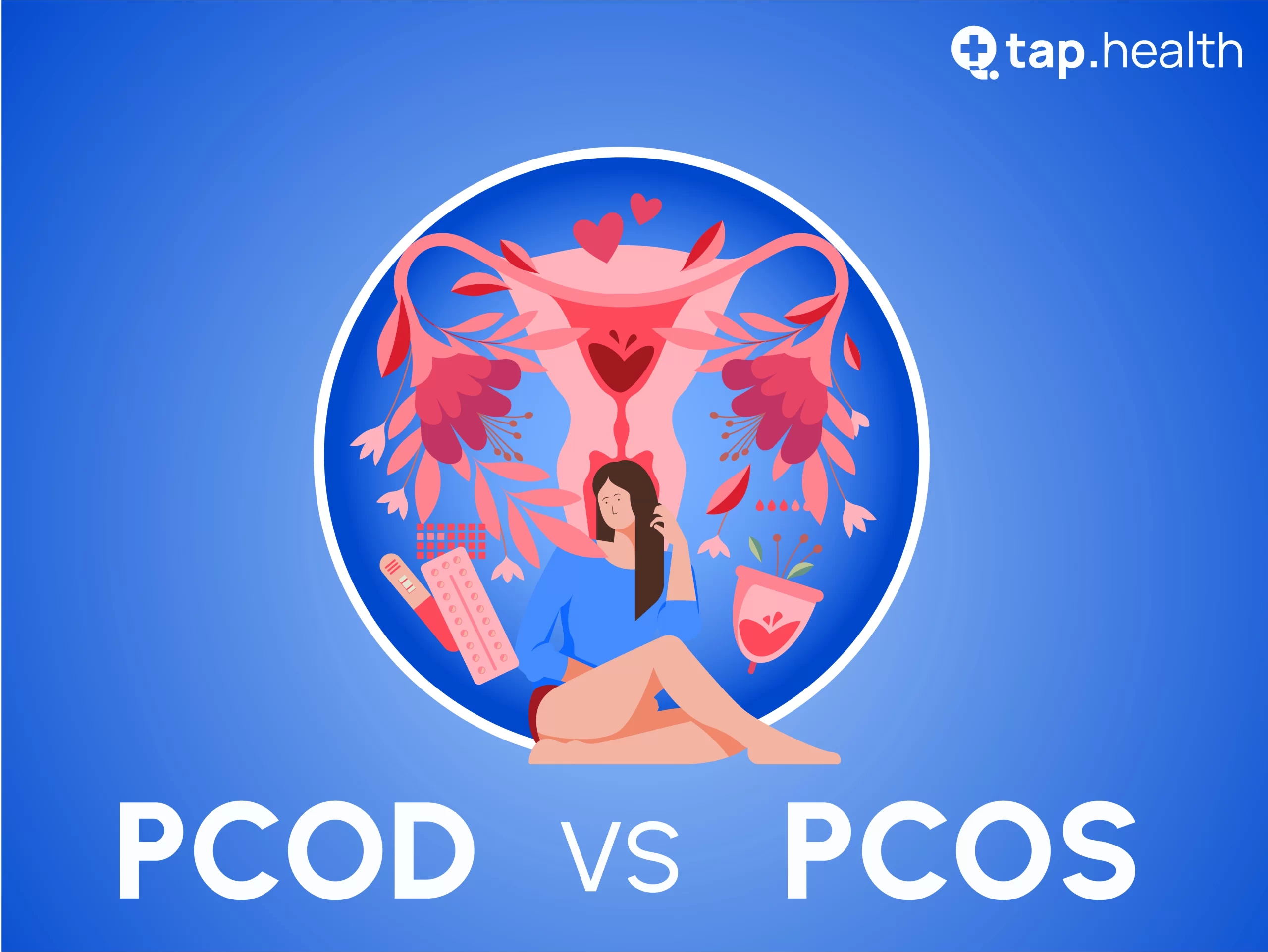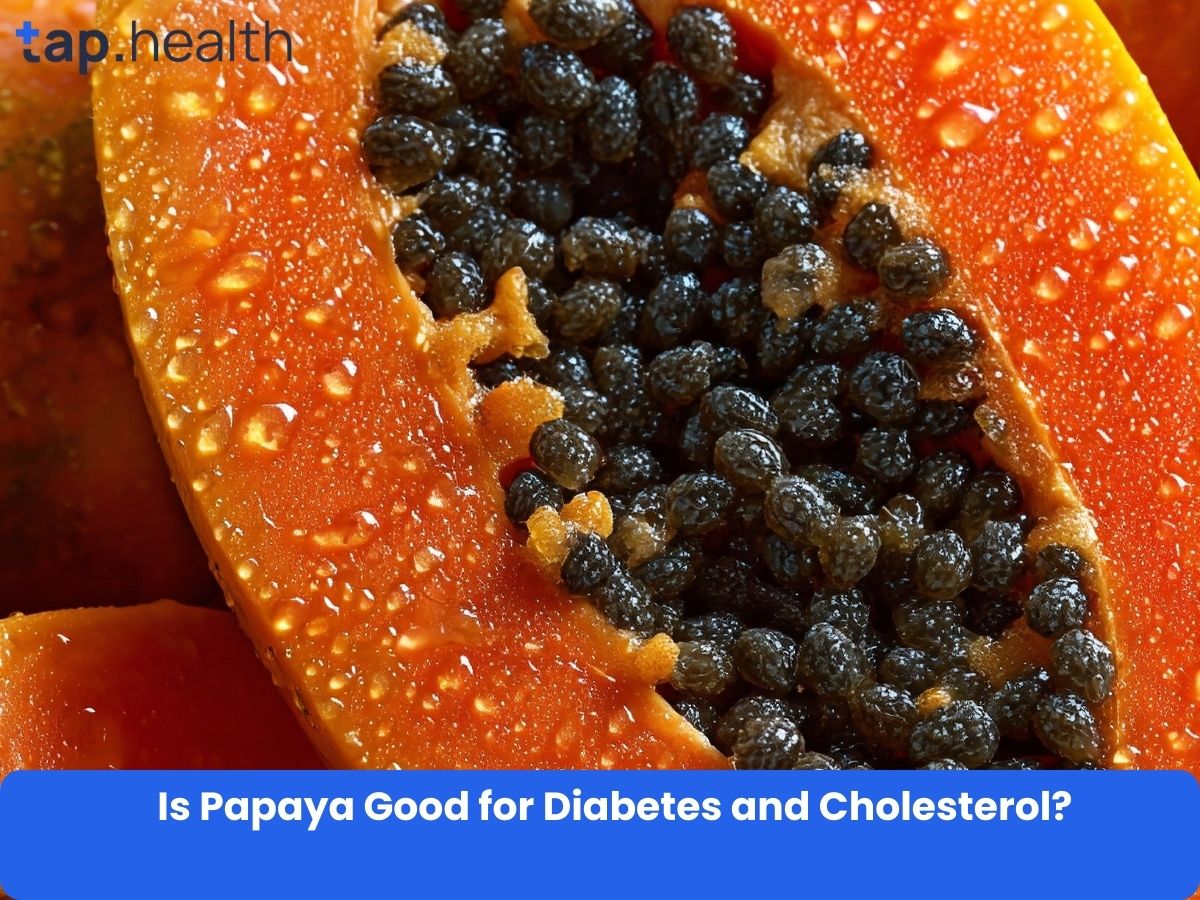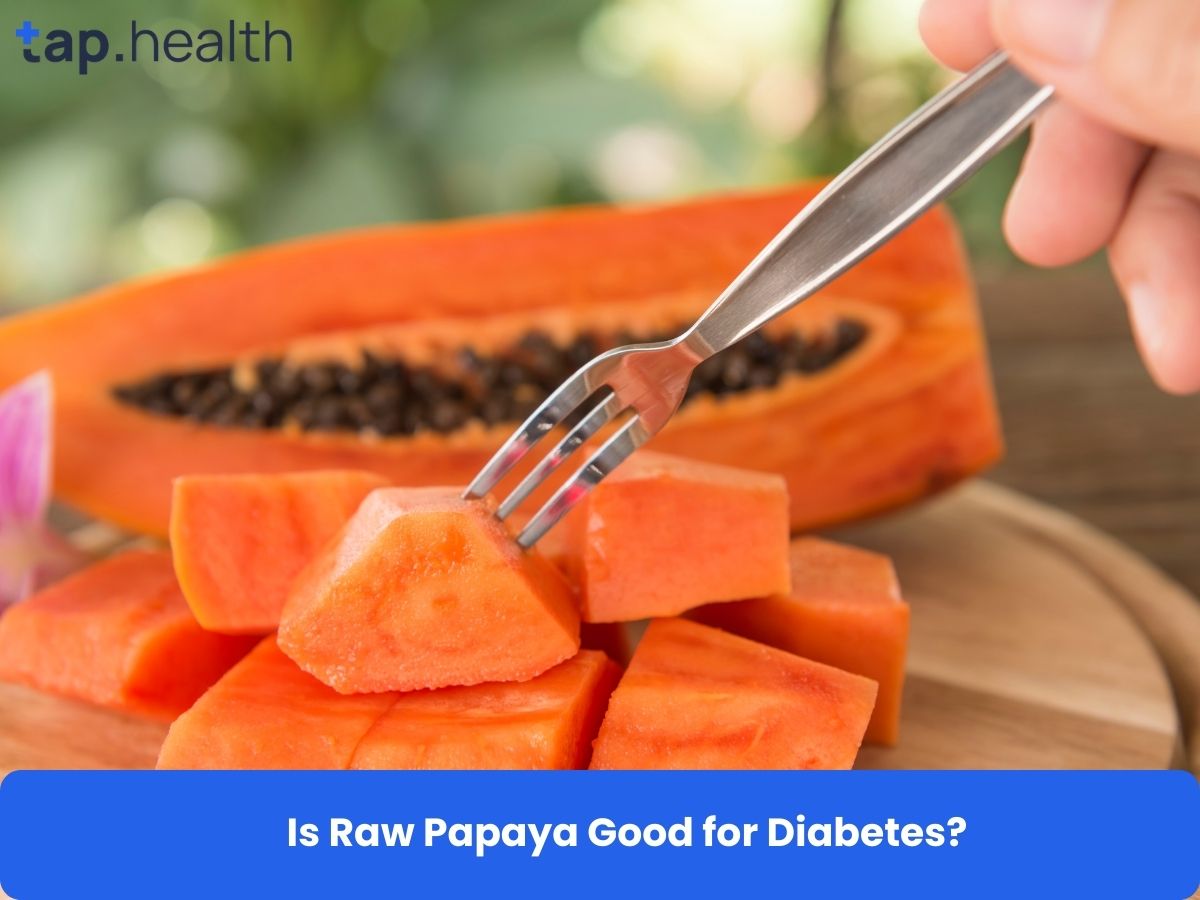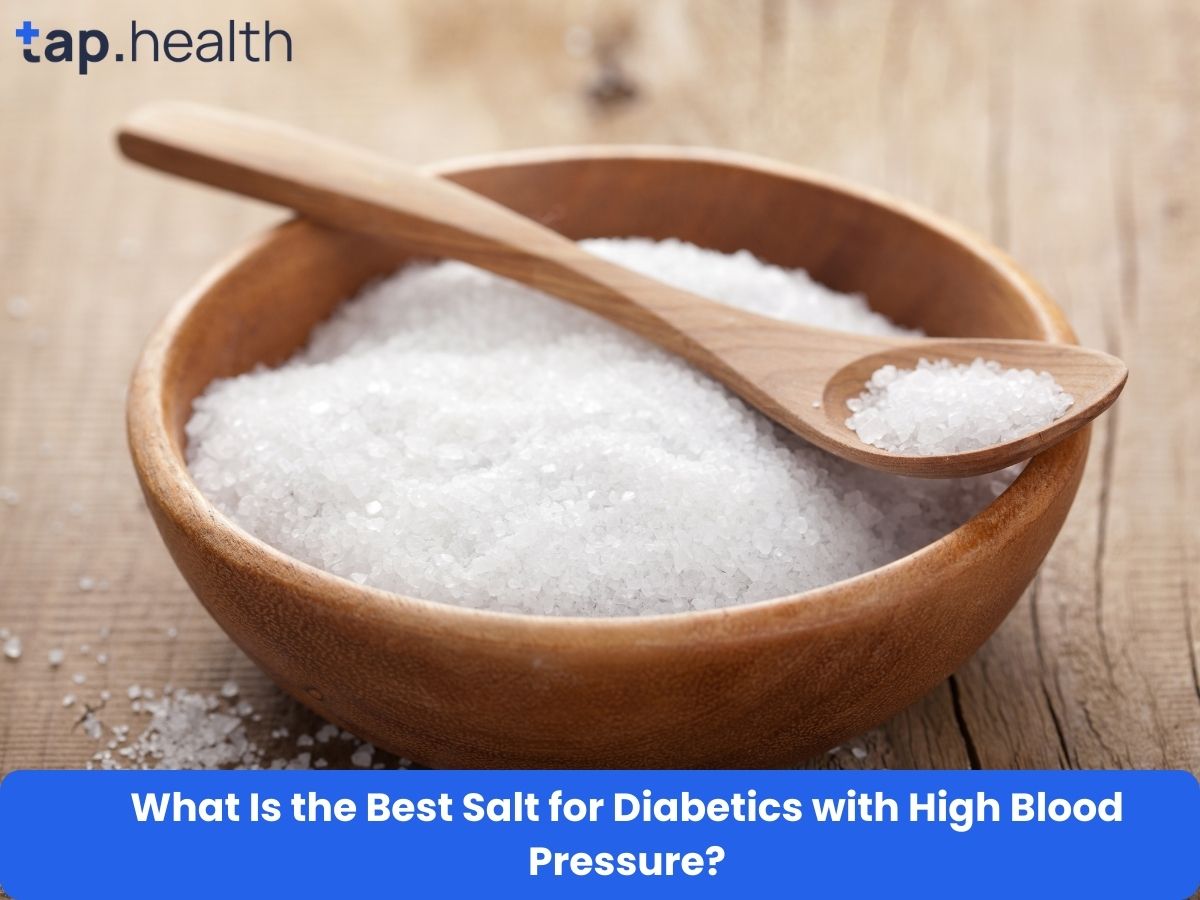Polycystic Ovary Disease (PCOD) and Polycystic Ovary Syndrome (PCOS) are often confused, yet they are distinct hormonal conditions that affect women’s health. While they share some symptoms, understanding their differences is crucial for accurate diagnosis and effective management. This blog explores PCOD and PCOS in detail, covering their definitions, symptoms, causes, treatment options, and common misconceptions. By clarifying these aspects, we aim to provide actionable insights for managing these conditions and improving overall well-being.
What is PCOD?
Definition and Overview Polycystic Ovary Disease (PCOD) is a hormonal disorder characterized by multiple cysts on the ovaries, leading to enlarged ovaries. It primarily affects women of reproductive age and is considered a reproductive health issue.
Symptoms of PCOD
- Irregular or absent menstrual periods
- Acne and oily skin
- Excessive hair growth (hirsutism)
- Weight gain
Causes of PCOD The exact cause of PCOD remains unclear, but it likely involves genetic and environmental factors. Hormonal imbalances, particularly elevated androgen levels, contribute to cyst formation and irregular ovulation.
Diagnosis of PCOD Diagnosis typically involves:
- Reviewing medical history and symptoms
- Physical examinations
- Blood tests to check hormone levels
- Ultrasound imaging to detect ovarian cysts
What is PCOS?
Definition and Overview Polycystic Ovary Syndrome (PCOS) is a broader metabolic disorder that goes beyond reproductive issues. It involves hormonal imbalances, insulin resistance, and irregular menstrual cycles, impacting multiple body systems, including cardiovascular and endocrine health.
Symptoms of PCOS
- Irregular periods or infertility
- Weight gain or obesity
- Acne, hair thinning, or hirsutism
- Mood swings or anxiety
- Increased risk of type 2 diabetes and heart disease
Causes of PCOS Like PCOD, PCOS is linked to genetic and environmental factors. Insulin resistance is a key contributor, leading to higher androgen levels and metabolic complications.
Diagnosis of PCOS PCOS diagnosis includes:
- Medical history and symptom evaluation
- Physical exams and hormone tests
- Ultrasound to confirm ovarian cysts
- Tests for insulin resistance or metabolic markers
Key Differences Between PCOD and PCOS
Symptom Scope
- PCOD: Primarily affects reproductive health, with symptoms like irregular periods, acne, and hirsutism.
- PCOS: Encompasses metabolic issues, including insulin resistance, obesity, and mood disorders, alongside reproductive symptoms.
Health Implications
- PCOD: Increases the risk of type 2 diabetes and cardiovascular issues but is less complex than PCOS.
- PCOS: Poses broader risks, including obesity, gestational diabetes, infertility, and certain cancers.
Causes and Complexity
- PCOD: Driven by hormonal imbalances and ovarian cysts, with less emphasis on metabolic dysfunction.
- PCOS: Involves insulin resistance and systemic metabolic issues, making it a more complex syndrome.
Similarities Between PCOD and PCOS
Shared Symptoms Both conditions share common symptoms, including:
- Irregular menstrual cycles
- Infertility due to disrupted ovulation
- Skin issues like acne or hirsutism
- Weight fluctuations
Hormonal Imbalances PCOD and PCOS both involve elevated androgen levels, which disrupt ovulation and cause physical symptoms like excessive hair growth.
Treatment Approaches Management for both conditions often includes:
- Lifestyle Changes: Balanced diet, regular exercise, and stress management.
- Medications: Oral contraceptives, insulin sensitizers, or fertility treatments.
- Complementary Therapies: Acupuncture or herbal supplements for symptom relief.
Common Misconceptions About PCOD and PCOS
Myth 1: PCOD and PCOS Are the Same While related, PCOD is primarily a reproductive issue, whereas PCOS is a metabolic syndrome with broader health implications.
Myth 2: Only Overweight Women Have PCOD or PCOS Both conditions can affect women of all body types. Weight gain is a symptom, not a prerequisite.
Myth 3: Pregnancy Cures PCOD or PCOS Pregnancy may temporarily alleviate symptoms due to hormonal changes, but it does not cure either condition.
Myth 4: PCOD and PCOS Only Affect Fertility Beyond fertility challenges, both conditions increase risks for diabetes, heart disease, and mental health issues.
Myth 5: Only Reproductive-Age Women Are Affected PCOD and PCOS can impact adolescents and women approaching menopause, with symptoms varying by life stage.
Managing PCOD and PCOS Effectively
Lifestyle Modifications Lifestyle changes are foundational for managing both conditions:
- Diet: Focus on fiber-rich foods like fruits, vegetables, and whole grains to improve insulin sensitivity and manage weight.
- Exercise: Combine cardiovascular workouts and strength training to enhance metabolism and reduce insulin resistance.
- Stress Management: Practice yoga, meditation, or mindfulness to balance hormones and reduce stress-related symptoms.
Medical Interventions
- Hormonal Medications: Birth control pills to regulate periods or anti-androgens for hirsutism.
- Insulin Sensitizers: Metformin to address insulin resistance in PCOS.
- Fertility Treatments: Medications like clomiphene to induce ovulation.
- Surgical Options: Ovarian drilling in rare cases to promote ovulation.
Holistic Approaches
- Complementary therapies like acupuncture or herbal supplements may support symptom management.
- Regular monitoring through check-ups ensures treatment plans remain effective.
Mental Health Support Hormonal imbalances can impact mental health, leading to anxiety or low self-esteem. Counseling or support groups can help address these challenges.
Long-Term Health Implications
PCOD Health Risks
- Increased risk of type 2 diabetes
- High blood pressure
- Cardiovascular diseases
PCOS Health Risks
- Obesity and related complications
- Gestational diabetes
- Infertility
- Higher risk of endometrial cancer
Proactive management, including regular health screenings, is essential to mitigate these risks and maintain quality of life.
FAQs: People Also Ask
What is the main difference between PCOD and PCOS? PCOD is primarily a reproductive disorder with ovarian cysts, while PCOS is a metabolic syndrome with broader symptoms, including insulin resistance.
Can PCOD or PCOS be cured? Neither condition is curable, but symptoms can be managed effectively with lifestyle changes, medications, and medical interventions.
How do PCOD and PCOS affect fertility? Both disrupt ovulation, leading to irregular periods and potential infertility. Fertility treatments can help improve chances of conception.
Are PCOD and PCOS caused by lifestyle factors? While genetics and hormonal imbalances are primary causes, lifestyle factors like poor diet or lack of exercise can worsen symptoms.
Can women with PCOD or PCOS lead normal lives? With proper management, including lifestyle changes and medical support, women can lead healthy, fulfilling lives.
Conclusion
Understanding the differences and similarities between PCOD and PCOS is vital for effective diagnosis and management. While PCOD focuses on reproductive health, PCOS involves complex metabolic issues, requiring a comprehensive approach to treatment. By addressing symptoms through lifestyle changes, medical interventions, and mental health support, women can manage these conditions and reduce long-term health risks. Debunking myths and raising awareness empowers individuals to take control of their health and seek personalized care.



